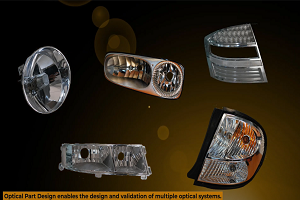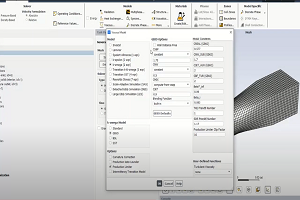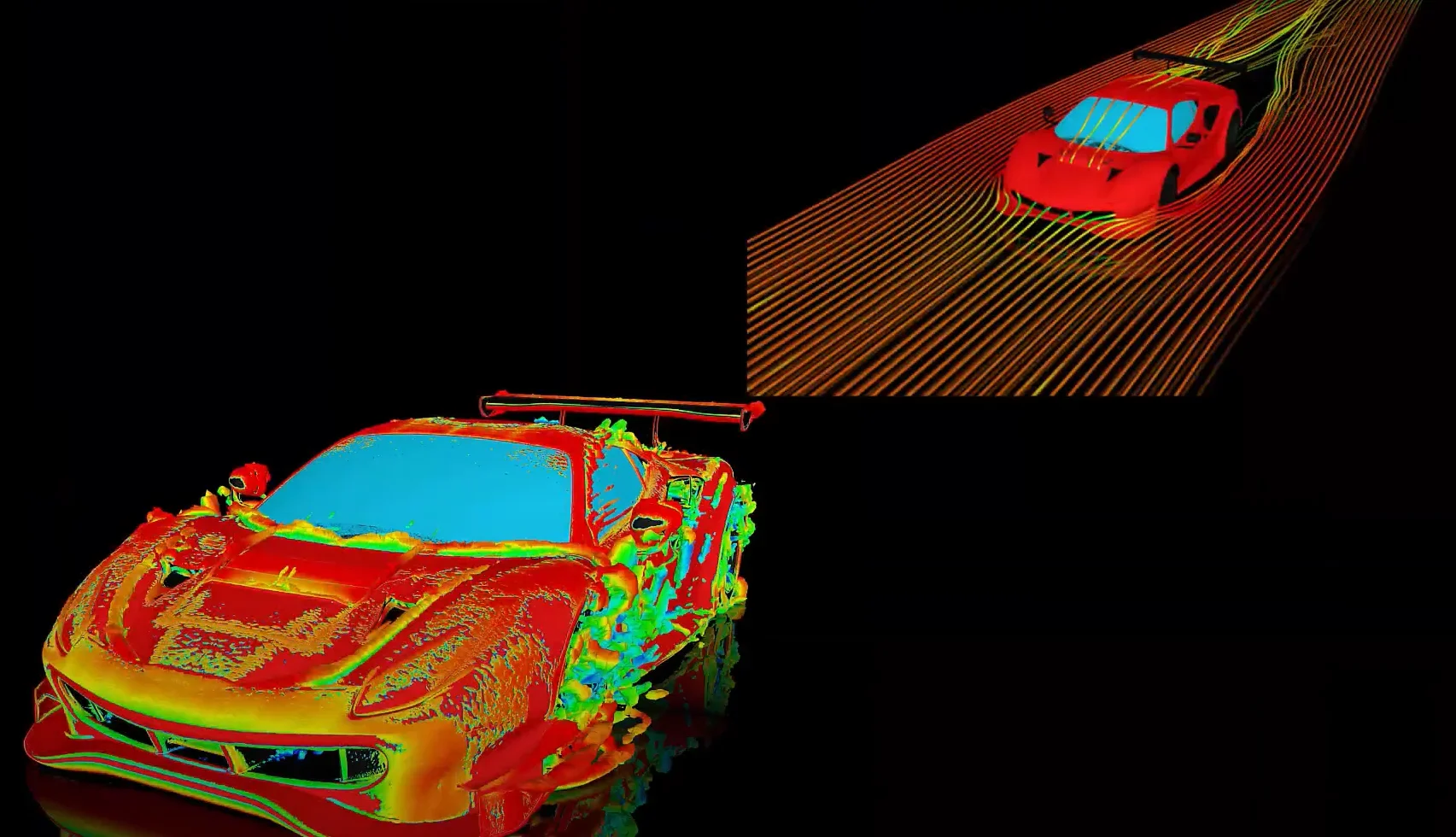During the simulation run, Fluent creates many small files in my /tmp (or – on Windows – %tmp%) directory which are not deleted after the run. What could be the reason for this and how can I prevent the creation of the files?
Tagged: 19.2, fluent, fluid-dynamics, General - FLUENT
-
-
March 17, 2023 at 8:58 am
 FAQParticipant
FAQParticipantThe reason for this could be that you use the scheme command “pick” to extract certain output of a text command somewhere in your setup. Currently, every call of “pick” (or a related scheme command like “pick-hard”, “pick-robust”, “pick-a-real”, etc.) leads to the creation of a text file in the temporary directory of your system. The file might be empty or contain the output of the text command for which “pick” is called, depending on the specific version of “pick” you are using. The files are not cleaned up after the simulation run and thus could fill up the temp-directory after some time. This behavior will be corrected in version 2019 R3. Meanwhile, if you need to use “pick” but want to get rid of the files that it creates, you can identify the pattern that is used for the files and include a system command which periodically removes the generated files using the “Execute Command” feature. On many Linux systems, the file name is “file??????”, where each ? stands for a random letter or digit, for example “fileA4cx9Z”. When you use the standard temporary directory /tmp, then the command would look like this: (system “rm -f /tmp/file??????”) On Windows, the corresponding command for the same file name pattern would look like this: (system “del /f %tmp%file??????”) Please be aware that on some systems, the file names do not have the prefix “file”, but just consist of a number of random digits/letters, so you would need to remove, e.g., “??????” instead which is quite risky – you might want to clean up the temporary directory manually in these cases instead of using the automatic removal procedure as described above.
-


Introducing Ansys Electronics Desktop on Ansys Cloud
The Watch & Learn video article provides an overview of cloud computing from Electronics Desktop and details the product licenses and subscriptions to ANSYS Cloud Service that are...

How to Create a Reflector for a Center High-Mounted Stop Lamp (CHMSL)
This video article demonstrates how to create a reflector for a center high-mounted stop lamp. Optical Part design in Ansys SPEOS enables the design and validation of multiple...

Introducing the GEKO Turbulence Model in Ansys Fluent
The GEKO (GEneralized K-Omega) turbulence model offers a flexible, robust, general-purpose approach to RANS turbulence modeling. Introducing 2 videos: Part 1 provides background information on the model and a...

Postprocessing on Ansys EnSight
This video demonstrates exporting data from Fluent in EnSight Case Gold format, and it reviews the basic postprocessing capabilities of EnSight.

- How to overcome the model information incompatible with incoming mesh error?
- Is there a way to get the volume of a register using expression ?
- Skewness in ANSYS Meshing
- What are the requirements for an axisymmetric analysis?
- Fluent GPU Solver Hardware Buying Guide
- What are pressure-based solver vs. density-based solver in FLUENT?
- How to create and execute a FLUENT journal file?
- How to get information about mesh cell count and cell types in Fluent?
- What is a .wbpz file and how can I use it?
- How can I Export and import boxes / Systems from one Workbench Project to another?

© 2025 Copyright ANSYS, Inc. All rights reserved.

